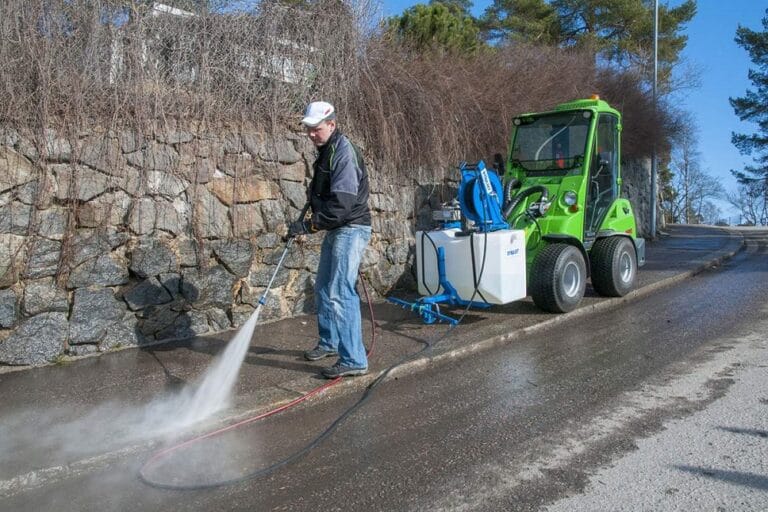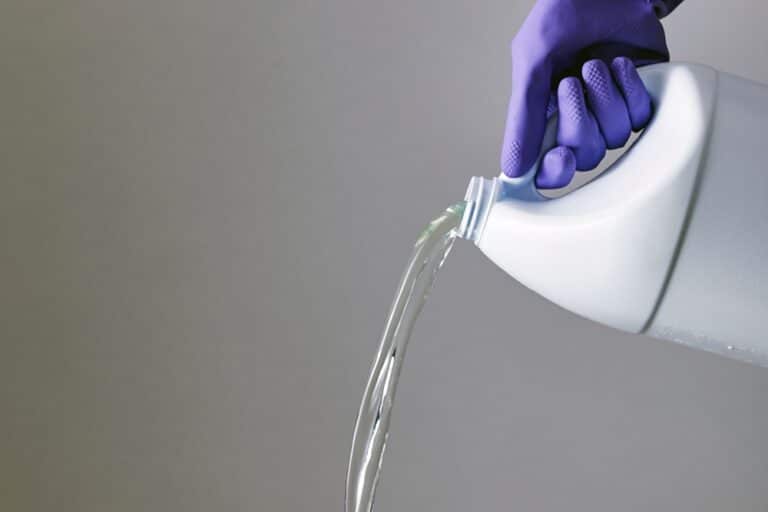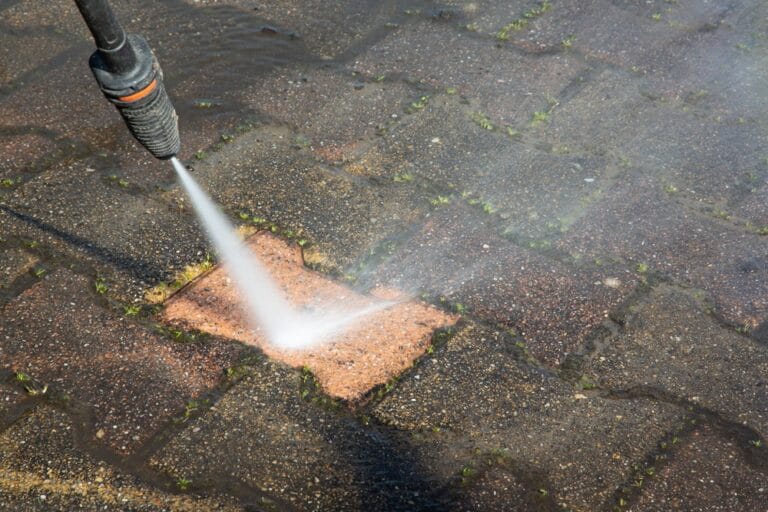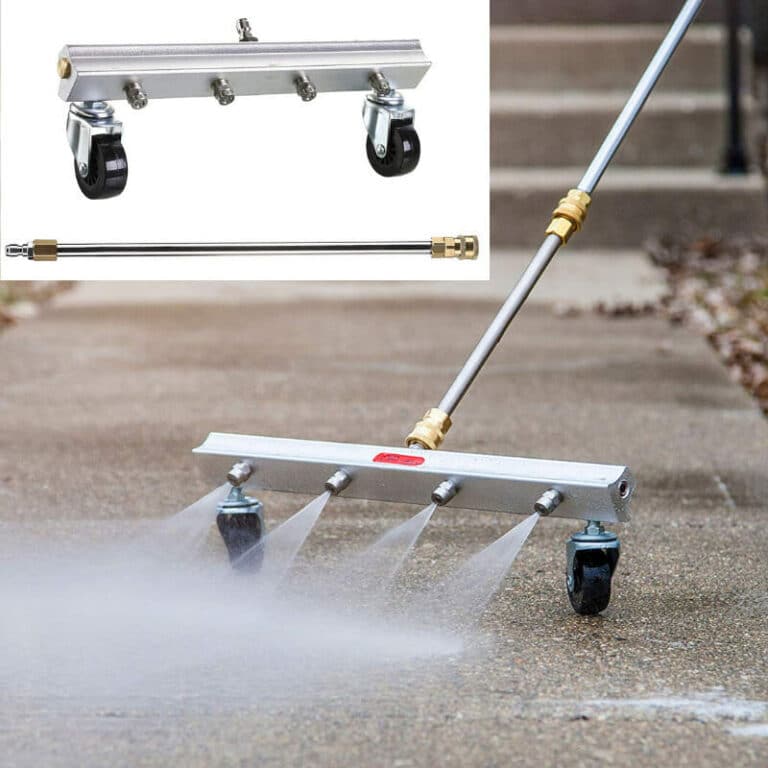Gas and Electric Pressure Washers: Everything You Need to Know
Pressure washers are a great way to clean surfaces and equipment. They add extra cleaning power by adding higher pressure behind your garden hose to force water onto surfaces harder and faster. They can be electric or gas-powered, and each has its advantages and disadvantages.
We will discuss the differences between electric vs. gas pressure washers and their pros and cons. We will also provide tips on choosing the best pressure washer for your needs and offer safety advice for those who plan to use one.
Electric Pressure Washers
Electric pressure washers typically have an electric motor powered by a battery or AC outlet; the electric motor drives the pump, creating the cleaning pressure.
Electric pressure washers are best for cleaning light dirt and debris. Electric machines typically have a lower psi (pounds per square inch) of water pressure than gas-powered models, but they can generate a higher flow rate or GPM (gallons per minute).
Given the lower PSI & GPM, electric pressure washers are better for smaller jobs, such as your car or bicycle. They also work great for cleaning decks, sidewalks, and driveways.
An electric pressure washer typically costs between $100-$350, but it can be as expensive as $800 for industrial models. Pressure washers with a higher psi and GPM will cost more than those lower in both of these categories.
Gas Pressure Washers
Gas-powered models work by using a small gas engine to drive the pump.
Gas models are better for large jobs, such as heavy-duty cleaning, stripping paint, and commercial buildings. They also have a higher psi than electric models, which means they can clean tougher surfaces in less time.
Gas-powered pressure washer prices typically start around $300 for consumer models and could be more than $2000 for industrial models. High-end models usually have more features, such as a longer hose, higher psi, and a more comprehensive range of nozzle tips.
With proper care, gas pressure washers can last for many years. However, they do produce emissions, so be sure to check your local regulations before purchasing one.
Electric vs. Gas Pros and Cons
Electric Pros:
- Electric units are lightweight, easy to use, and lower upfront costs.
- You can use electric models in enclosed spaces without the risk of carbon monoxide poisoning.
- They require less maintenance than gas models and produce no exhaust emissions.
- There are no hidden costs associated with electric pressure washers, such as the need to buy gasoline.
Electric Cons:
- Electric pressure washers are best for lighter jobs like cleaning decks or cars because they have a smaller psi range than a gas pressure washer; it will take longer to clean more challenging surfaces with an electric pressure washer.
- There are power cord limitations – you can only use an electric pressure washer as far as the cord allows. If you need to clean a large area, you need to move the power source or use an extension cord.
Gas Pros:
- Gas machines have a higher psi than electric pressure washers, giving them more cleaning power and making them suitable for more demanding jobs.
- A gas machine also has a larger GPM, making it faster at cleaning large areas.
Gas Cons:
- The main drawbacks of gas machines are that they cost more upfront and require regular maintenance, such as changing the oil or spark plug and cleaning the air filter.
- Gas-powered models are heavier and louder than electric ones. They should also not be used on delicate surfaces because they can damage them with their high psi.
Where to Buy Pressure Washers
You can purchase gas and electric pressure washer models at home improvement stores, home centers, or various online retailers (e.g., Pressure Washer Direct or Amazon).
Most pressure washers come with a one-year warranty, but the warranty length may vary depending on the model.
It is also essential to read the manufacturer’s instructions carefully and follow all safety precautions when using a pressure washer.
Safety Measures
When using a pressure washer, it is vital to take the proper precautions to avoid injury. Some of the main safety concerns are:
- Pressure – Pressure washers of all types send powerful streams of water on a fixed target. Even with broader degree nozzles, they can be very dangerous. Only adults comfortable with handling these machines should be using them. Even a small pressure washer can cause injury if it is misused.
- Heat – Pressure washers produce heat, and they can burn you if they come into contact with your body. It is essential to wear protective clothing when using a pressure washer and avoid contact with the heat source.
- Loudness – Pressure washers can be very loud, and this can cause hearing damage if you are not wearing ear protection. All pressure washers should come with some form of ear protection, such as noise-canceling headphones or earplugs.
- Extension cord – Pressure washers require a large amount of power, and using an extension cord can create a fire hazard. It is important to use the correct gauge extension cord for your pressure washer and check the amperage rating to ensure it is compatible.
- Water Temperature – Some pressure washers can use hot water, while others use cold water only. It is critical to know which type of water your pressure washer uses before using it, as hot water could damage certain types of surfaces.
What Water to Use
Electric pressure washers typically use cold water, while gas models can use hot or cold water.
Hot water is better for removing grease and oil, while cold water is suitable for general cleaning tasks. Hot water can be used for sanitizing surfaces, while cold water is not recommended for this purpose.
Cold water is less likely to damage delicate surfaces than hot water, making it a better choice for cleaning cars and other sensitive items.
Final Thoughts
In conclusion, both electric and gas-powered pressure washers have benefits and drawbacks. It is important to consider what type of work the pressure washer will be used for and other factors such as safety concerns and personal preference.

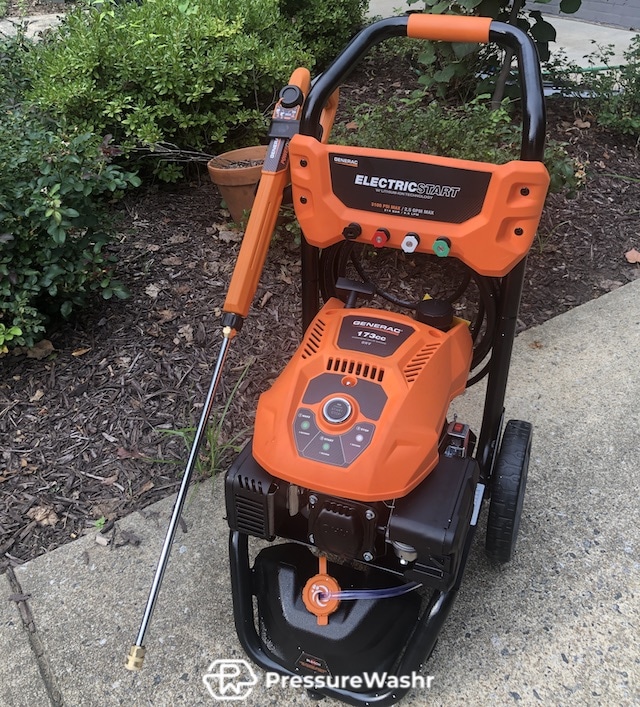
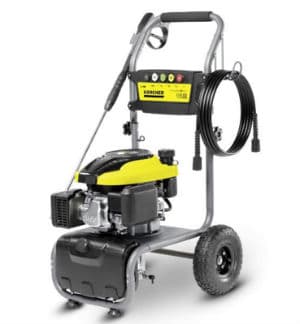
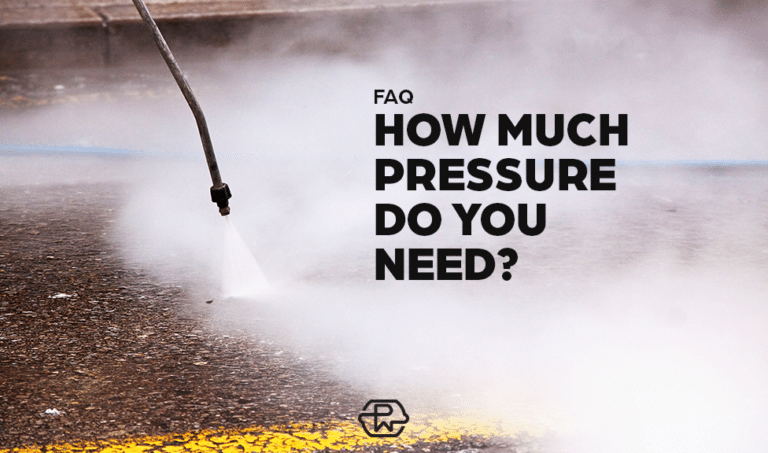
![How Loud are Pressure Washers Compared to Other Home Goods? [FAQ16]](https://pressurewashr.com/wp-content/uploads/2017/10/How-Loud-Thumb-768x453.png)
